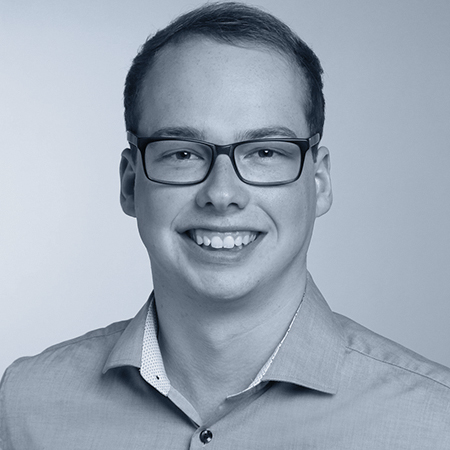
Louis Krüger
TU Darmstadt,
Institute for Fluid Mechanics and Aerodynamics
Contact
TU Darmstadt
Institute for Fluid Mechanics and Aerodynamics (SLA)
Alarich-Weiss-Straße 10
64287 Darmstadt
fluids@nhr4ces.de
Biography
Louis holds a bachelor’s degree in Computational Engineering from the Technical University of Darmstadt. During his studies, he completed an internship in the aerodynamics department at BMW in Munich. He proceeded to complete his master’s degree in Computational Engineering at the same university. For his master’s thesis, he conducted a numerical study of the aerodynamics around vehicle wheels using hybrid LES/RANS turbulence models.
He has worked as a scientific coworker at the Institute for Fluid Mechanics and Aerodynamics at TU Darmstadt since 2022. In 2025, he joined the Simulation and Data Lab for Fluids at the National High-Performance Computing Center for Computational Engineering Sciences (NHR4CES). His research focuses on the numerical simulation of fuel cell cooling systems, particularly hybrid turbulence models using OpenFOAM.
Thematic Advice
Computational fluid dynamics is playing an increasingly important role in engineering, serving as a tool for both fundamental research and practical applications in industry. The availability of high-performance computing resources and the demand for more efficient, specialized simulation methods constantly drive the development of advanced turbulence modeling strategies.
In this context, Louis brings expertise in the application and development of hybrid LES/RANS turbulence models, as well as experience in the numerical characterization of complex thermal and fluid-dynamic systems, such as fuel cells. He has experience using OpenFOAM for a wide range of applications, bridging methodological developments with applied engineering problems.
Professional Competence
Louis’s research focuses on the fluid dynamic and thermal characterization of fuel cell cooling systems, particularly in transitional regimes between laminar and turbulent flow. His methodological expertise is focused on the finite volume method and the modeling of turbulent flows, with a particular emphasis on hybrid turbulence models and large-eddy simulation. He has broad experience using OpenFOAM for numerical simulations ranging from automotive aerodynamics to multiphysics energy systems , like fuel cell cooling systems.